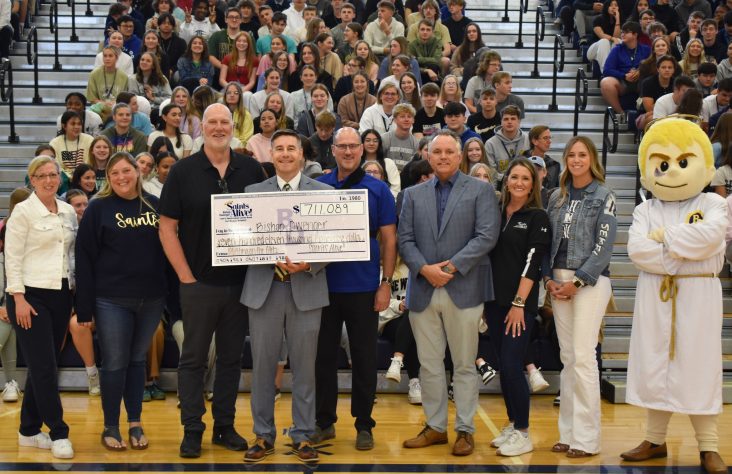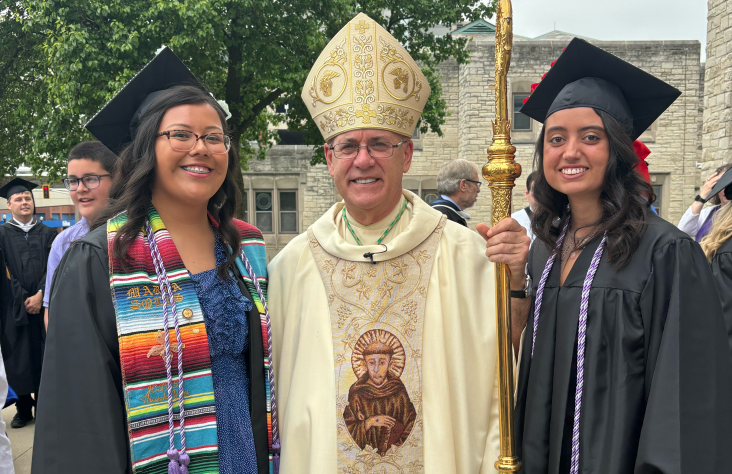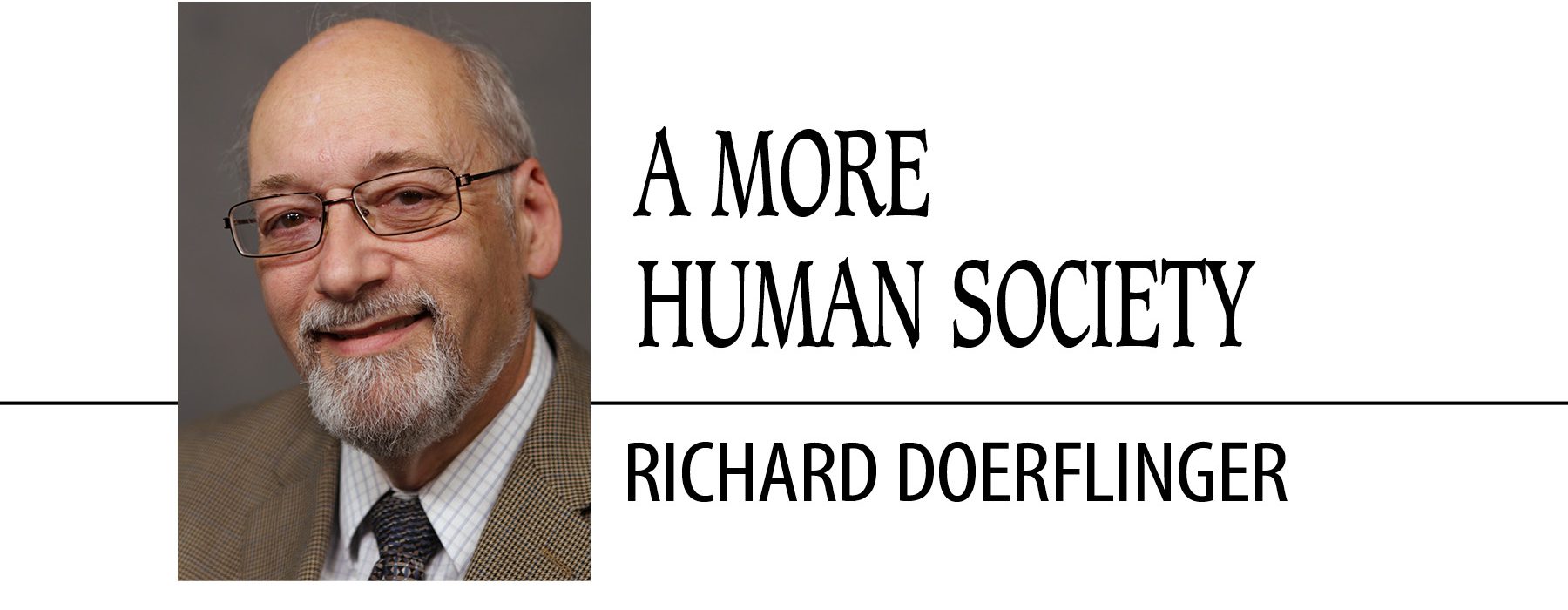September 7, 2021 // A more human society
Trapped in the self
Recently I’ve seen television footage of two protests against vaccine and mask mandates. In my home state of Washington, a protester held up a large sign saying, “My Body My Choice.” A protest in Louisiana featured the slogan “Freedom of Choice.”
These, of course, have been mantras of the pro-abortion movement: Whatever I choose regarding myself is valid and beyond reproach, simply because it’s my choice.
Of course, one’s choices about abortion and the pandemic affect more bodies than one’s own, devastatingly so in the former case. But some protesters were probably staunchly pro-life, objecting to vaccines that were developed or later tested using a cell line from an abortion performed decades ago. How must they have felt, seeing those slogans?
For me, that question leads to political, cultural and even spiritual reflections.
Libertarianism — emphasizing individual freedom and some distrust of government power — has always been part of American politics. In recent decades, both major parties have embraced it to some extent, applying it differently: Democrats favored a strong government in economic matters but maximum freedom on moral issues of life and sexuality; Republicans favored the free-market economy but defended traditional norms on the “social issues.”
That seems to be breaking down. Corporate America promotes the freedom to choose one’s sexual orientation and even one’s gender; and formerly “pro-choice” Democratic politicians work to force others to fund and even perform abortions.
Culturally this has been a long time coming. Social commentators once called the baby boom generation, born during the prosperity after World War II, the “Me Generation.” But some of the boomers’ descendants make them look socially responsible by comparison.
In the 1980s, sociologist Robert Bellah and philosopher Charles Taylor called the dominant worldview of our time “expressive individualism.” It sees persons as atomized individuals, who fulfill themselves by expressing their inner truth so they can invent their own destiny and even identity. Personal autonomy is the core of the person.
Law professor O. Carter Snead points out in his impressive new book “What It Means to Be Human” that on matters of life, death and procreation, this tends to reduce human relationships to contracts for mutual benefit, discarded when they no longer serve one’s personal goals.
Even the human body becomes a mere instrument for achieving those goals — and vulnerable people at the beginning and end of life who cannot freely express and pursue such goals may not be persons at all.
Snead shows that this ignores fundamental aspects of the human condition. We are embodied beings, not sovereign wills trapped in prisons of flesh. Our very existence depends on the love and care of others, beginning with our parents, and our flourishing depends on our learning to give and receive love.
What does expressive individualism make of religion? It can accept being “spiritual but not religious” — spiritual wayfaring can be yet another way to advance oneself, and there is no religious authority to contradict that. But it has a serious problem with the Judeo-Christian claim that human flourishing comes from my loving God above all, and my neighbor as myself.
As Bishop Robert E. Barron says, “Your life is not about you” is a central Christian message. Jesus says to take up our cross and follow him, that we must lose our life to save it. Explaining the sign of the cross, Msgr. Ronald Knox used to say that its vertical gesture spells “I” — and its second gesture crosses that out.
Nothing could be more alien to the self-absorption typical of our culture. Which means that nothing is more desperately needed.
Richard Doerflinger worked for 36 years in the Secretariat of Pro-Life Activities of the U.S. Conference of Catholic Bishops. He writes from Washington state.
The best news. Delivered to your inbox.
Subscribe to our mailing list today.






